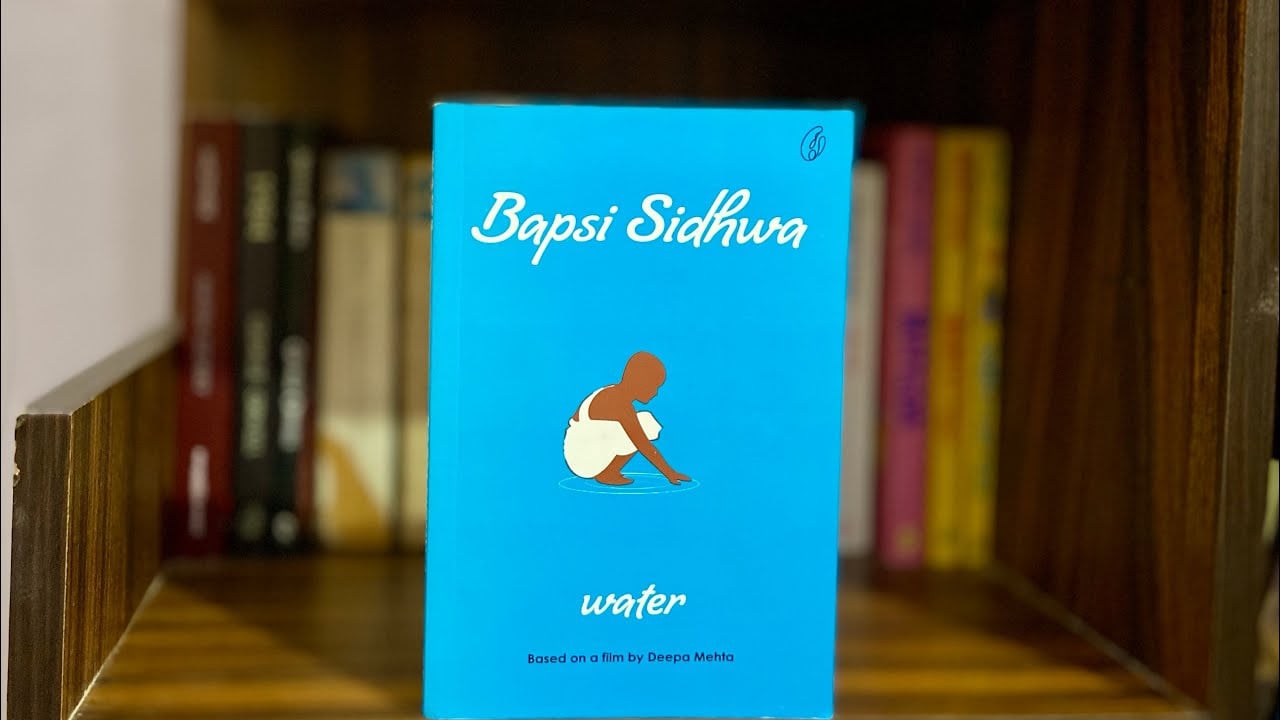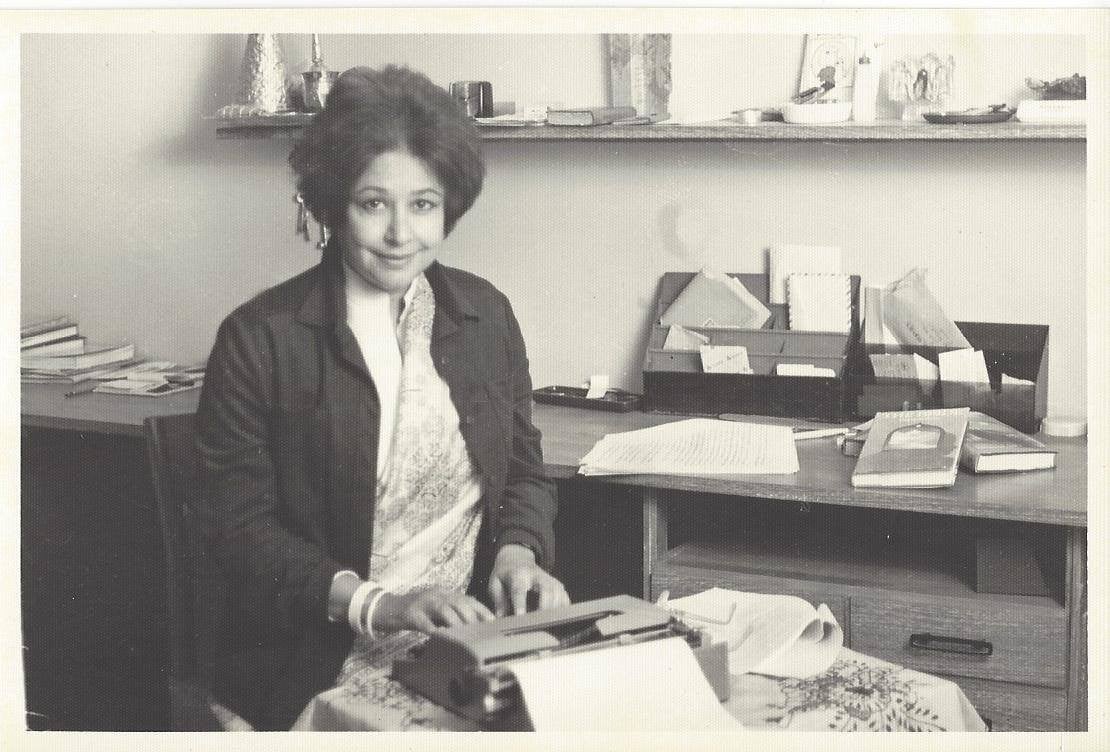Acclaimed Author Passes Away at 86
PUBLISHED
December 26, 2024
Renowned author and literary icon Bapsi Sidhwa passed away on Wednesday in Houston, Texas, at the age of 86. A celebrated novelist, her work left an indelible mark on global literature. Her passing is a profound loss not only for the literary world but also for Pakistan, India, and the global Zoroastrian community.
Sidhwa gained international acclaim for her novels, particularly her collaborative projects with Indo-Canadian filmmaker Deepa Mehta. Her 1991 novel Ice Candy Man inspired the critically acclaimed film Earth (1998). She also wrote Water: A Novel (2006), which served as the basis for Mehta’s Academy Award-nominated film Water (2005).

Through her deeply evocative writing, Sidhwa masterfully wove together history, culture, and personal experiences, securing her position as one of the most celebrated authors of her era.
In October 2022, the Citizens Archive of Pakistan released a documentary titled Bapsi: Silences of My Life. The film explores her journey as a writer and how the traumatic experiences of the partition of India significantly influenced her literary perspective.
Born in Karachi to Zoroastrian (Parsi) parents, Sidhwa spent her childhood in Lahore. Contracting polio at the age of two was a defining moment in her life, shaping her resilience and outlook.
The horrors of partition left a lasting impression on Sidhwa. A chilling encounter with a corpse hidden in a sack would later inspire key themes in her ground-breaking novel Cracking India.
After graduating from Kinnaird College, Lahore, in 1957, Sidhwa began her writing career post-marriage upon her return to Pakistan. Her novels, including The Crow Eaters (1978), The Bride (1982), An American Brat (1993), and City of Sin and Splendour: Writings on Lahore (2006), vividly depict South Asia’s cultural and historical tapestry.

Her literary achievements earned her Pakistan’s highest national honor in the arts, the Sitara-i-Imtiaz, in 1991, as well as the Mondello Prize for Foreign Authors in 2007. She was inducted into the Zoroastrian Hall of Fame, cementing her legacy as a global literary ambassador for her community.
The Bapsi Sidhwa Literary Prize, sponsored by the Zoroastrian Association of Houston and FEZANA Information Research Education System, was established to honor her pioneering contributions as the first internationally recognized Zoroastrian writer.

Sidhwa was not only admired for her literary brilliance but also for her kind and generous spirit. A former neighbor in Lahore reminisced about how Sidhwa had offered her garage as a painting studio during the 1970s, a gesture that helped launch her artistic career.
Sidhwa’s passing leaves an immense void in the literary and intellectual worlds. Her work, celebrated for its depth, empathy, and cultural richness, continues to inspire and educate. She is survived by her three children—Mohur, Koko, and Parizad—and her timeless literary works.
Prayers for her departed soul are scheduled to take place at the Bhandara Agiary in Houston, named after her mother, Tehmina Bhandara.